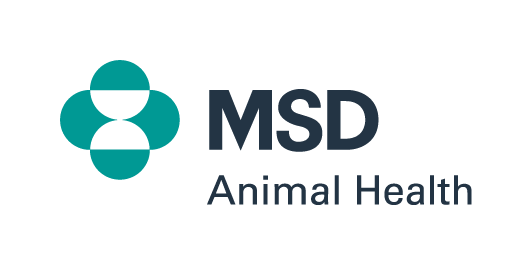Coccidiosis
Coccidiosis is caused by protozoa (single-celled nucleated organisms). All species are parasitised by one or more protozoa, causing diseases of varying severity. In poultry, most species belong to the genus Eimeria and infect various sites in the intestine.
The infectious process is rapid (4–7 days) and is characterised by parasite replication in host cells with extensive damage to the intestinal mucosa. Poultry coccidia are generally host-specific, and the different species parasitise specific parts of the intestine. Coccidia are distributed worldwide in poultry, game birds reared in captivity, and wild birds.
Coccidia are almost universally present in poultry-raising operations, but clinical disease occurs only after ingestion of relatively large numbers of sporulated oocysts by susceptible birds. Both clinically infected and recovered birds shed oocysts in their droppings, which contaminate feed, dust, water, litter, and soil. Oocysts may be transmitted by mechanical carriers (eg, equipment, clothing, insects, farm workers, and other animals). Paracox is a vaccine made from attenuated cocci strains. Paracox stimulates the immune response in the same manner as field strains but lesions caused by attenuated strains are minor. Birds receive vaccine prior to exposure to field strains with immunity to field strains developing more rapidly than field strain challenge.
